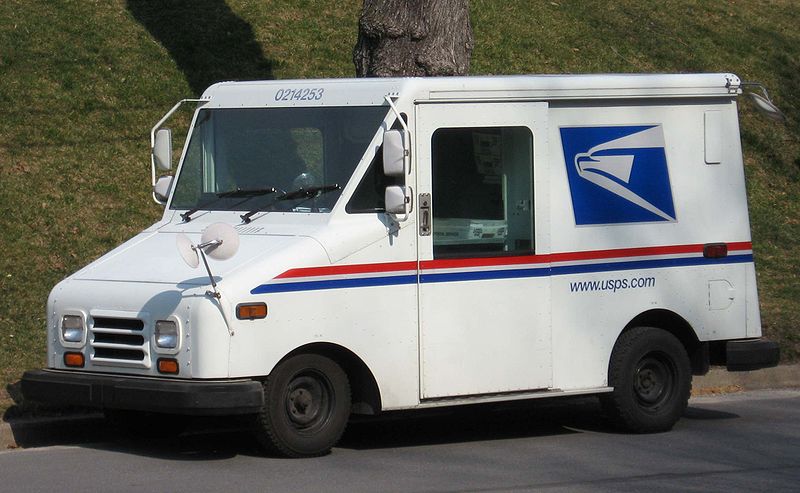
Washington, D.C. – Securing America’s Future Energy (SAFE) released today an Issue Brief in response to the United States Postal Service’s (USPS) plans to replace its fleet of Grumman Long Life Vehicles (LLVs) with up to 180,000 “Next Generation Delivery Vehicles” (NGDVs)—developed and manufactured exclusively for the USPS with a service life of 20 years—at a cost of up to $6.3 billion. SAFE’s analysis finds that an alternative approach, using modified, off-the-shelf mass-market vehicles and upgrading the fleet at least once in the next 20-25 years, is not only industry best practice but would save the Service as much as $1.9 billion over the life of the fleet while allowing it to adopt new safety and fuel-saving technologies along the way.
As the operator of one of the world’s largest civilian vehicle fleets, reducing USPS’s oil consumption through greater fuel efficiency would generate national and economic security benefits for the country as a whole, offering the Service insulation from the volatility inherent to the unpredictable global oil market. Making a one-time bulk purchase of NGDVs condemns USPS to a fleet that cannot incorporate new technologies over time, has little flexibility to adjust to changes in market dynamics over the next two decades and retains very little resale value.
“Operating a highly fuel-intensive business, the United States Postal Service should not only focus on the fuel efficiency and safety improvements that it can gain today, but it is going to need to have the flexibility to take advantage of innovations in a rapidly changing transportation sector,” said SAFE President and CEO Robbie Diamond. “USPS has a real opportunity to transform how it manages one of the world’s largest civilian fleets, and taking a new approach to this next vehicle procurement will save the Service billions in avoided fuel and maintenance costs, as well as help them incorporate new technology into the fleet over time. There is a good economic reason why private-sector companies such as FedEx and UPS, and nearly all foreign postal services, use tailored, off-the-shelf fleets as opposed to purpose-built ones.”
SAFE commissioned economic policy research firm Keybridge LLC to conduct this analysis. Keybridge is headed by Dr. Robert Wescott, former Chief Economist at the White House Council of Economic Advisors. In the brief, Keybridge and SAFE find that the total cost of ownership of a fleet composed of a variety of off-the-shelf vehicles would be significantly less than one based around a single, custom-built vehicle manufactured exclusively for USPS.
The average age of USPS’s Grumman LLVs is 23.5 years—nearly the end of an expected service life of 24 years—with some vehicles in the fleet dating back to 1987. Over the last 24 years, the USPS missed out on several critical safety developments for its drivers that are now standard in newer vehicles, including airbags, anti-lock brakes, and intermittent wipers. Furthermore, these outdated vehicles average only 10 miles per gallon and require high-cost, ongoing maintenance. Today, modern full-size vehicles can easily obtain twice the gas mileage, and more regular turnover of the USPS fleet, every 10-12 years, will allow the Service to take advantage of these improvements in fuel economy at a rate similar to the consumer market while reducing maintenance costs and improving vehicle safety.
Please visit www.secureenergy.org for a summary of the report’s key findings and to download the report in its entirety.
About Securing America’s Future Energy (SAFE)
Securing America’s Future Energy (SAFE) is a nonpartisan organization that aims to reduce America’s dependence on oil and improve U.S. energy security to bolster national security and strengthen the economy. SAFE advocates for expanded domestic production of U.S. oil and gas resources, continued improvements in fuel efficiency, and in the long-term, breaking oil’s stranglehold on the transportation sector through alternatives like natural gas for heavy-duty trucks and plug-in electric vehicles. In 2006, SAFE joined with General P.X. Kelley (Ret.), 28th Commandant of the U.S. Marine Corps, and Frederick W. Smith, Chairman, President, and CEO of FedEx Corporation, to form the Energy Security Leadership Council (ESLC), a group of business and former military leaders committed to reducing the United States’ dependence on oil.
###
1111 19th Street, NW #406, Washington, DC 20036